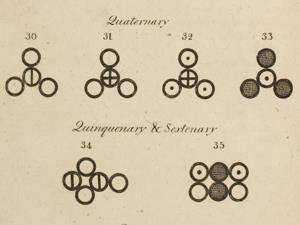Is there art in chemical structures and diagrams? Jennifer Newton looks at the aesthetics all around us

Unwitting artists was first published by Chemistry World.
Is there art in chemical structures and diagrams? Jennifer Newton looks at the aesthetics all around us

Unwitting artists was first published by Chemistry World.
No comments yet